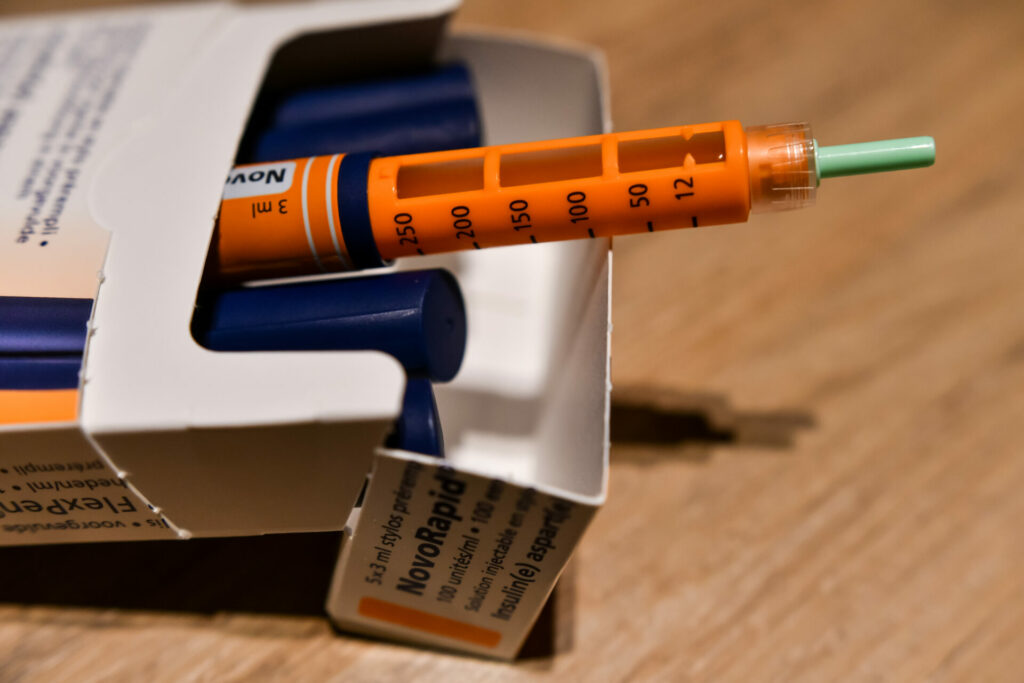Around one in ten adults living in Belgium has diabetes, but one in three people suffering from this disease is unaware of their condition. The absence of official data registry to track the number of patients means the actual figure is probably higher.
Belgium as a whole, as well as its three regions, lack an official data registry of diabetes sufferers, meaning any figures on the condition are based on indirect indications, according to Diabetes Liga, an organisation focussing on the prevention of the chronic health condition.
Diabetes is a chronic disease that occurs when the pancreas is unable to produce enough insulin — a hormone that regulates sugar levels — or when the body cannot use the insulin produced effectively. Uncontrolled diabetes can lead to hyperglycaemia or excessive sugar levels.
Diabetes Liga estimates that, currently, one in ten adults has diabetes, adding that this figure is constatly growing. "Among those aged over 65, this figure rises to 27%," a report from the organisation read. Meanwhile, one in three diabetics is unaware of suffering from this disease, highlighting the need for better screening and early detection.
Particularly type 2 diabetes (adult-onset diabetes, which is the most commong type) is an underestimated disease, and one that can lead to kidney problems, blindness and heart failure. It is increasingly common among younger people as well.
Additionally, 5% of the adult population has elevated blood sugar levels indicating a risk for diabetes. The risk of suffering from diabetes is also higher for people with lower education, and they are also more likely to be unaware of their condition, and their illness is also more likely to not be optimally regulated.
Vague figures
The challenge when it comes to sketching the seriousness of the situation regarding diabetes is that estimates are largely based on the number of people on diabetes medication.
For example, one medicine used by patients with type 2 diabetes to help regulate their blood sugar levels is being used by people without the condition to help them lose weight, which recently resulted in an imminent shortage of the drug.
Related News
- Social inequalities between patients with chronic illness widens
- Lung cancer: Air pollution 'ignites' cell mutations
"The fact other people can also take diabetes medication is a massive disadvantage for calculating the number of people with diabetes," the Diabetes Liga report read.
In addition, the Diabetes Liga told VRT News, Belgium is tackling the illness in an inefficient manner. Treatment of diabetes and problems arising from it costs the state €5.82 billion, of which just 6% is invested in medication. "Investing in prevention can therefore mean huge gains for society."
The organisation is now strongly urging policymakers to work on an official registry as a "matter of urgency," and called on all people over the age of 45 to calculate their risk via the Flemish government's so-called Health Compass website, as a speedy detection of the illness is key.

